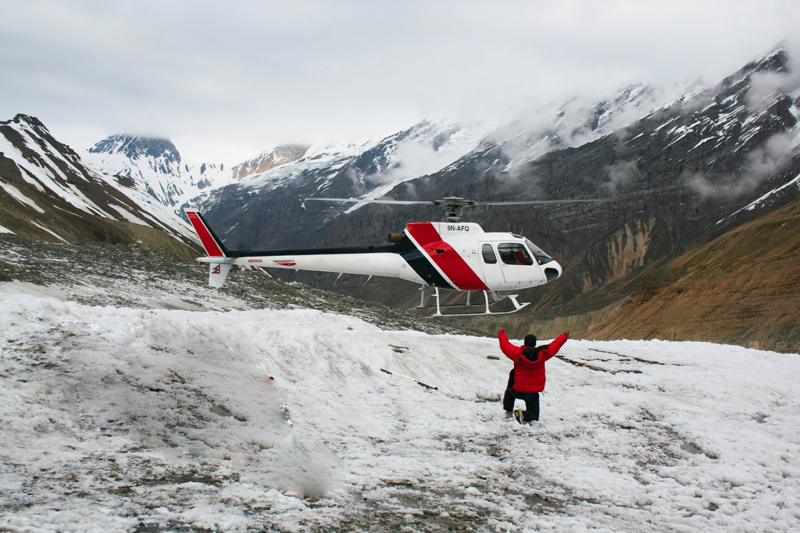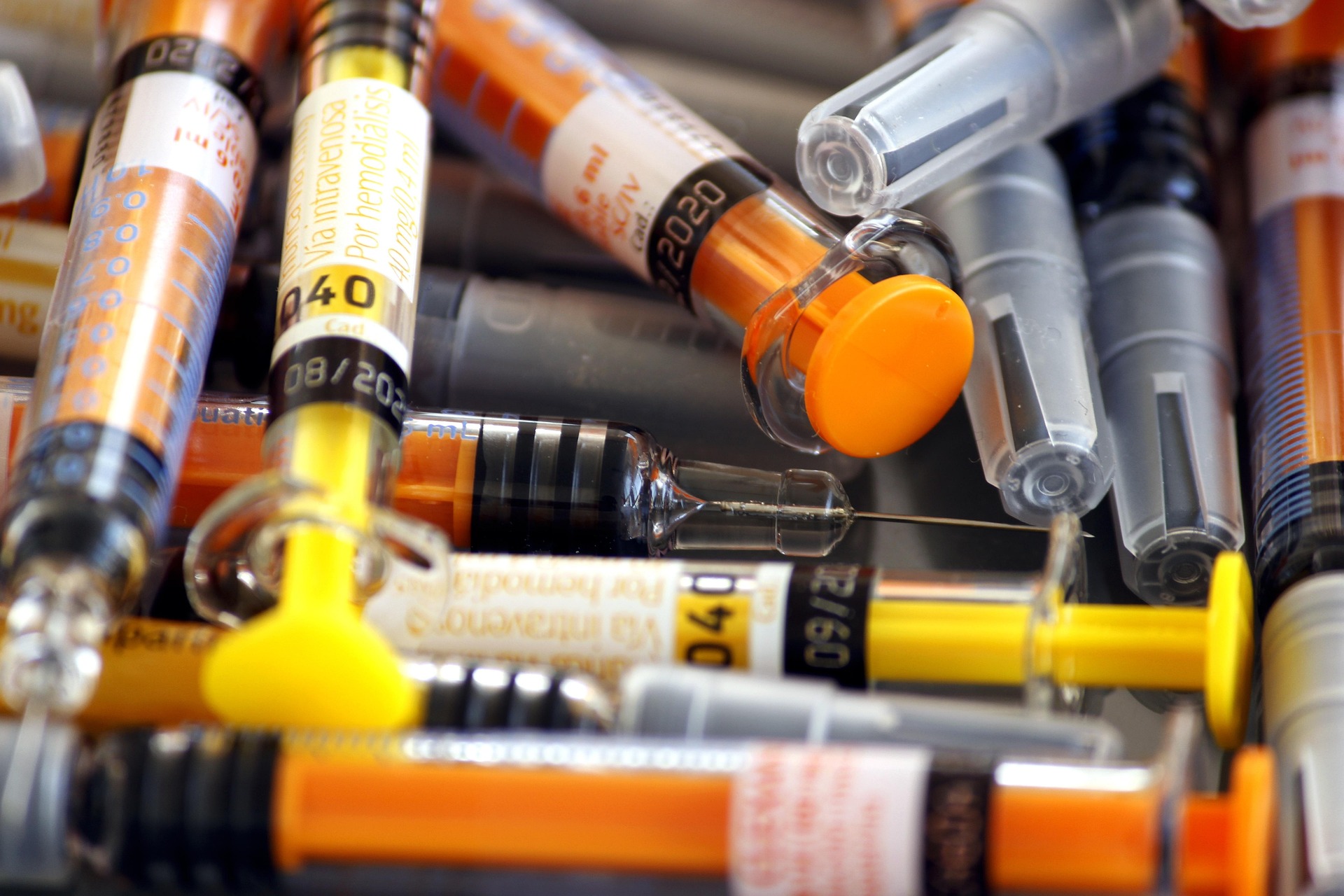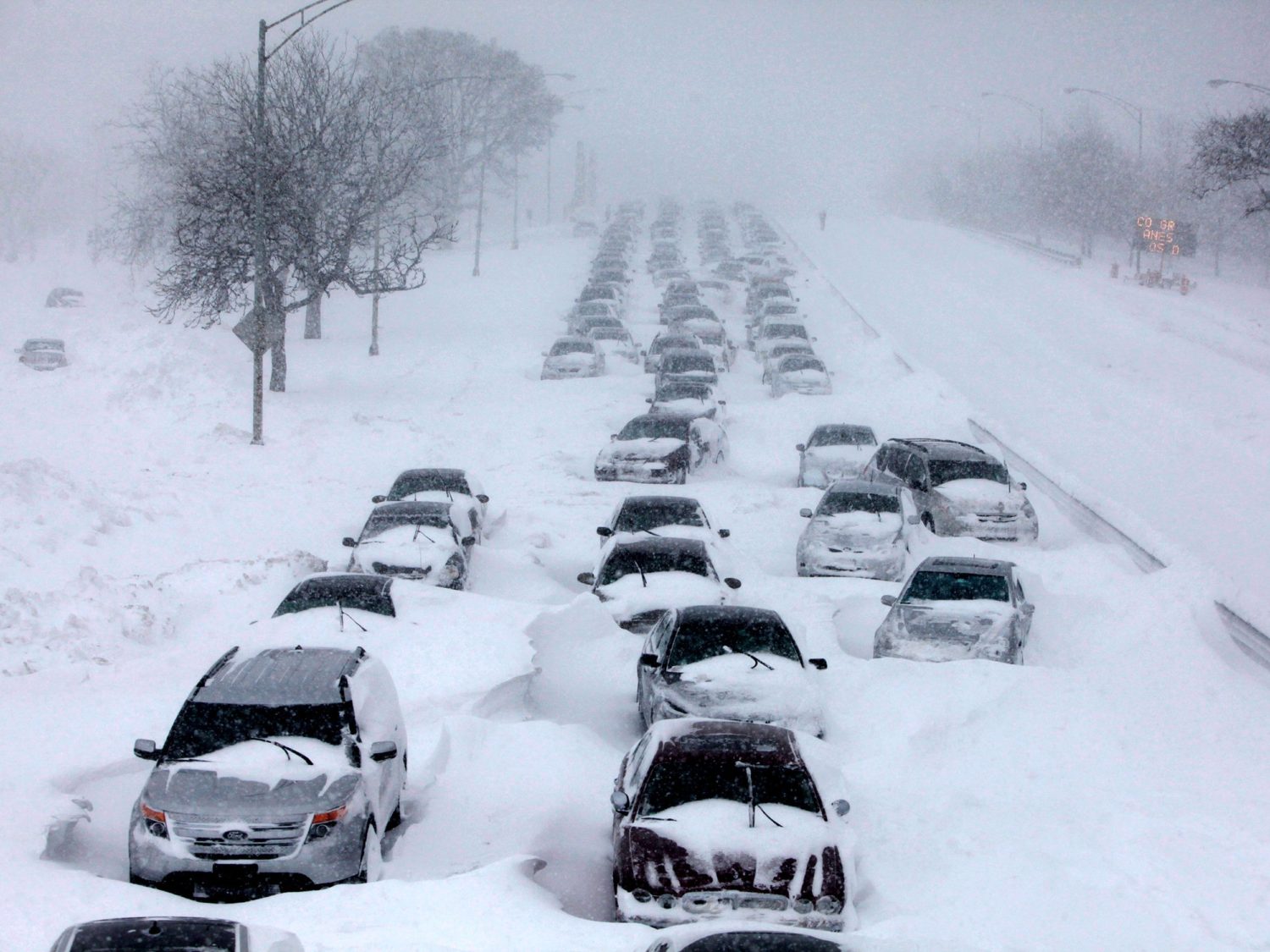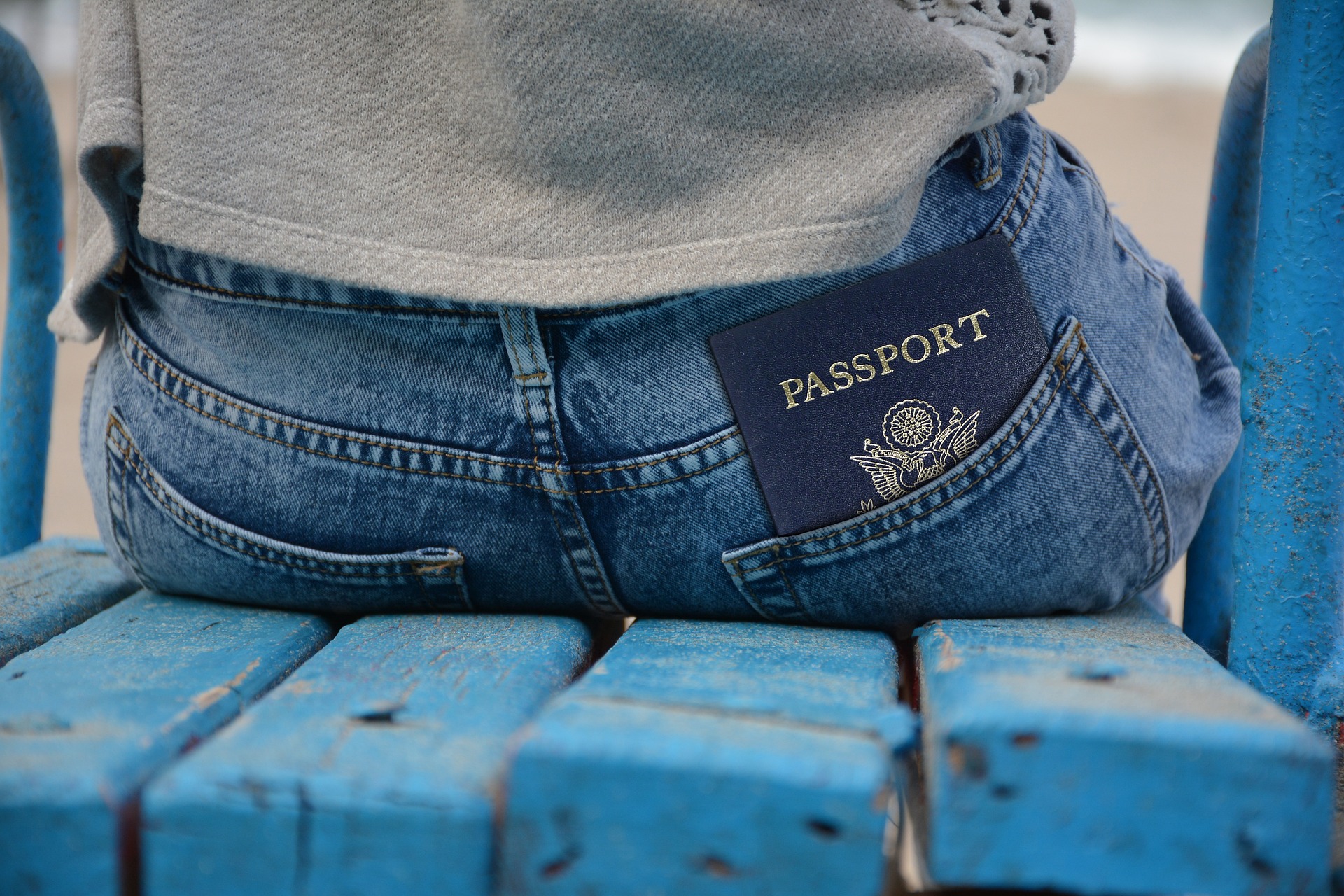Global Rescue pioneered the concept of worldwide Field Rescue in 2004 and launched the ground-breaking Local Field Rescue in 2020. Now, with no mileage restrictions, members can call Global Rescue for help if ill or injured in a remote area and unable to get to safety on their own.
You’re on a lunch break and decide to take a solo hike on a one-mile trail loop near your home office. It’s only known to locals and inaccessible by motorized vehicles. A relatively steep incline is covered with wet leaves, and you accidentally slip and fall hard on a rock hidden underneath. When you try to stand, it’s obvious something is broken and you won’t be able to walk out on your own. You need a Field Rescue even though you’re so close to home.
You’ve trained for a Mount Everest climb. You’ve gathered your supplies in Kathmandu, taken the flight to Lukla airport, then made the slow climb to Base Camp, elevation 17,600 feet. You developed a noticeable cough on day three, which turned into a wet, hacking cough on day six. During your first night at base camp, you are out of breath while sitting still, your oxygen saturation reads 72%, and the cough is noticeably worse — all signs of high-altitude pulmonary edema (HAPE). You also need a Field Rescue.
These are two examples of Field Rescue, “the rescue of a person who is injured or ill and in need of hospitalization — and can’t get there on their own. This would be someone who is remote or not immediately accessible via a consumer vehicle and can’t otherwise get to care,” said Jeffrey Weinstein, operations supervisor at Global Rescue. “It is a rescue of someone who is in a remote area to the nearest most appropriate medical facility.”
The Importance of Field Rescue
Global Rescue pioneered the concept of worldwide Field Rescue in 2004 to help travelers when they experience a medical or security emergency while traveling away from home.
“There are many scenarios under the field rescue umbrella,” Weinstein said. “This could be someone trekking on a remote trail who starts to have heart attack symptoms or a climber in the high mountains with severe frostbite. Neither are accessible by standard emergency services and require specialty rescue services.”
“If they are a Global Rescue member, they will call us and be assessed by our medical team. Immediate medical advice will be delivered while our team works up the logistics to execute a Field Rescue,” Weinstein said. “Means of transport depends and varies greatly based on geographic location. Evacuation may be performed by helicopter, 4×4, snowmobile, ground team, mule, donkey, yak — it all depends on the local resources available and what is the safest way to move the injured or ill individual.”
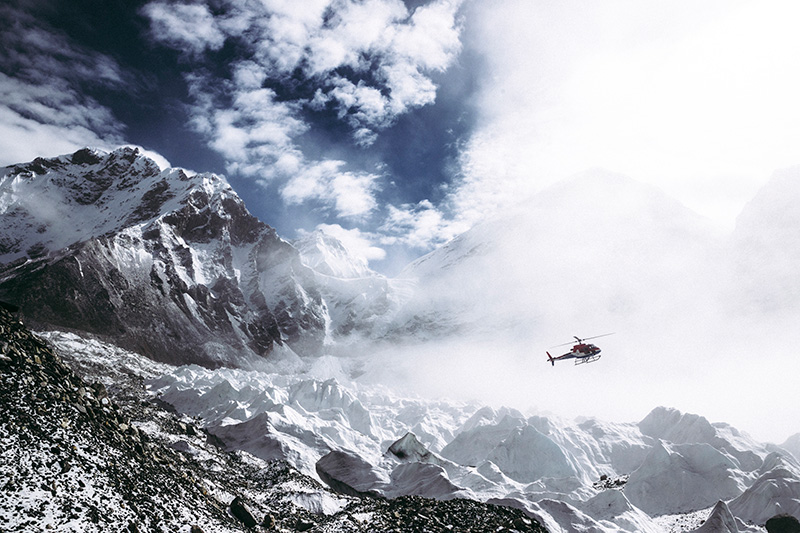
Outdoor Recreation Close to Home
Historically, Field Rescue had mileage restrictions — travelers were required to be away from home, sometimes 150 miles or more at some travel protection companies, to be eligible for services. But the pandemic encouraged solo, outdoor activity close to home.
To ensure members stayed safe, Global Rescue added Local Field Rescue to its travel protection services memberships and lifted its 100-mile requirement. Whether close to home or away from home, members can call Global Rescue for help if ill or injured in a remote area and unable to get to safety on their own.
“More members are getting outdoors and enjoying nature during the pandemic, and they are cycling, hiking, biking, fishing or walking close to home to follow coronavirus protocols and restrictions,” said Dan Richards, CEO of Global Rescue. “Offering Local Field Rescue — at no additional cost — was another way to keep our members safe.”
Frequently Asked Questions
As with any new service, there are questions. Here are some frequently asked questions and answers about traditional Field Rescue and the new Local Field Rescue.
What is Field Rescue?
Field Rescue is the transport of a member by ground, air or sea to the nearest hospital, clinic or medical provider. The trigger for a Field Rescue is if the member has a condition requiring hospitalization or likely to cause serious permanent injury or death and they are unable to get to a hospital themselves or by other commercial means.
Does Field Rescue include search services?
Field Rescue does not include any activities related to search.
How is Local Field Rescue different?
You don’t need to be traveling for Local Field Rescue. You no longer need to be 100+ miles from your home. You do need to be in a remote area beyond the trailhead and inaccessible by motorized vehicles — sick or injured in the wilderness or backcountry and unable to get to safety on their own.
How much does Local Field Rescue cost?
There is no additional cost. Local Field Rescue is included in your Global Rescue membership.
Does Local Field Rescue include all of Global Rescue’s services?
Local Field Rescue provides transport to the nearest appropriate facility. It also includes all related medical advisory services. Unlike Global Rescue services outside the 100-mile-from-home radius, however, it does not include additional hospital to hospital transport that may be required.
What motivated Global Rescue to offer Local Field Rescue?
The pandemic has curtailed travel and boosted local outdoor recreation, exploration and appreciation. According to Leave No Trace, more people are staying significantly closer to home, with 49.9% remaining within two miles. Sports and outdoor recreation often create medical emergencies, sending more than 3.7 million to the emergency room in 2019.
To offer peace of mind during local recreation, Global Rescue removed the requirement for members to be beyond 100 miles of home to be eligible for field rescue services.
[Related Reading: A Rescue from DC to NH]
Does any other company offer this service?
Global Rescue is the first and only travel risk and crisis management company to offer this service.

